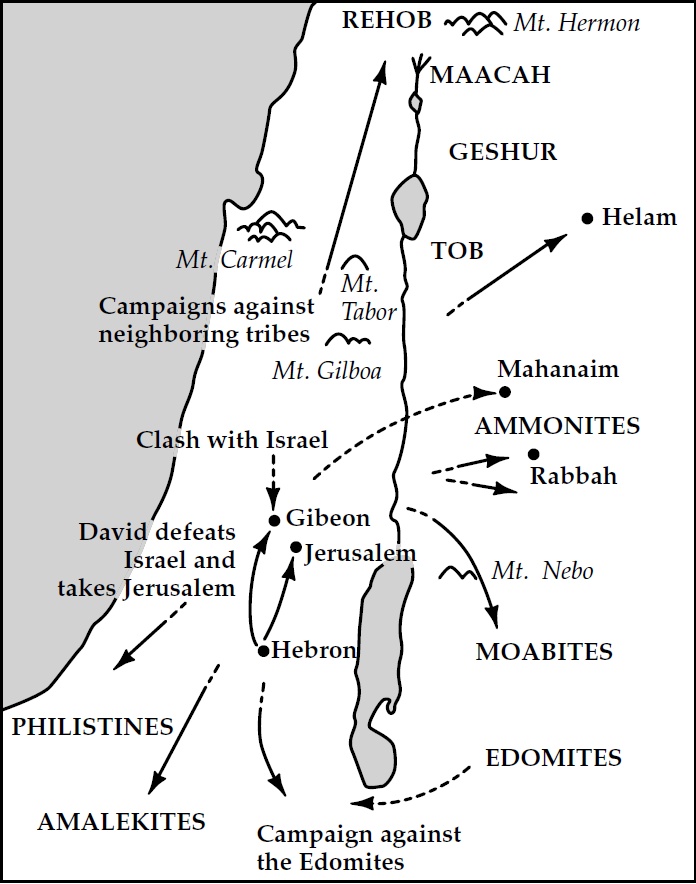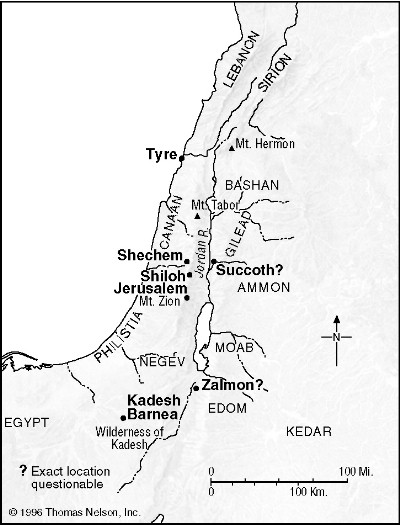Psalm 136 (2 Chronicles 7.3, 6)
We can neatly divide this psalm in two parts. The first is proclaiming God’s goodness based on the story of Creation. The second is proclaiming God’s goodness based on how He delivered Israel from captivity. Taking these two parts, we can see this psalm praises God for all that is in the Torah from Genesis to Deuteronomy.
The psalm stands out among all the psalms for the repetition of “for His steadfast love endures forever.” We know this psalm as the “Great Hallel” psalm and it was associated with the Feast of Passover. Today, it is used more as a call to worship (Davidson, 1998).
Attempt to listen to this psalm the way they may have read it by using two choirs to sing the lines. The choir to the left sang the historical truth and the choir to the right sang the refrain of God’s never-ending mercy. Hallelujah!
The meaning of the repeated phrase must include God’s faithfulness to who He is and what He has promised to do. To translate this with that meaning of חסד included: “for His faithfulness to Himself will never end” or “His Word stands with surety.” So, considering the ever-changing economy, culture, and world we live in, isn’t it great to know that He will never change? His truth is always true, no matter the circumstances and no matter what others claim.
Do you readily proclaim God’s goodness to those around you by what you do and what you say? Do they hear the choirs that resound the marvel of God’s faithfulness in your gait?
This might be a good exercise for each of us to do today: write one thing that God has done for you or in your family and write the refrain after it. Now, do this each day for a month. Compile the list in chronological order and upload it here. Let others see God’s goodness in you.
Media
- Psalm 136 – Forerunner
- Chris Tomlin – Forever
- His Love Endures Forever
©2012 Teach for God Ministries. Used by Permission.
Permissions: You are permitted and encouraged to reproduce and distribute this material in any format provided that you do not alter the wording in any way and do not charge a fee beyond the cost of reproduction. For web posting, a link to this document on our website is preferred. Any exceptions to the above must be approved by Teach for God Ministries.
Please include the following statement on any distributed copy: By David R Williamson. ©2012 Teach for God Ministries. Website: www.teach4god.com










